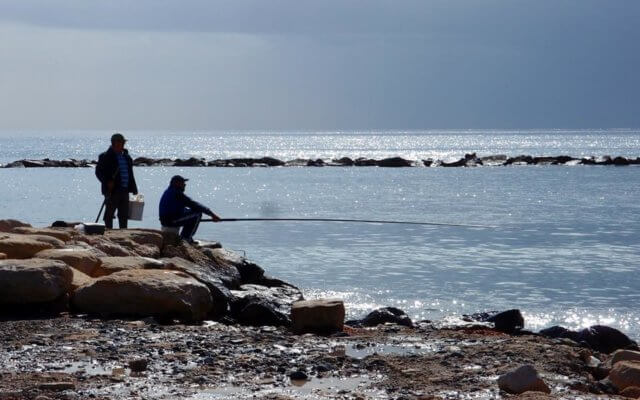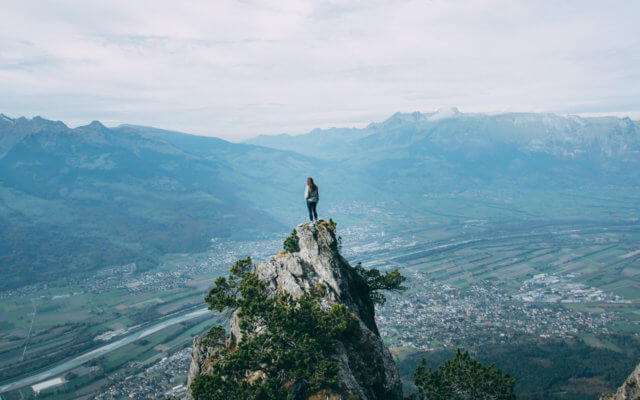Programme: Europe for Citizens, Strand 1 „European Remembrance“, 3rd meeting of a multi-phase project
Dates: 21—24 February 2022
Venue: Rijeka, Croatia
This meeting is a part of a multiphase project „DEBATING THE FUTURE OF EUROPE AND CHALLENGING EUROSCEPTICISM: A JOURNEY INTO MEDIA LITERACY TO FIGHT EUROSCEPTIC NARRATIVES” Report from its kick-off meeting can be viewed here.
Czech national team size: 2
Please read the info-pack & daily activities schedule.
Participating countries: Albania, Belgium, Cyprus, Czech Republic, Greece, Hungary, Italy, Kosovo, Malta, Poland, Portugal, North Macedonia, Romania, Slovenia, Spain
Hosting organisation: ALPHABET FORMATION
Please read the project handbook. This multi-phase project consists of five mobilities:
International Meetings:
- kick-off meeting: 17 – 20 February 2020: Bruxelles (Belgium)
- meeting: 28 September – 2 October 2020: Bucharest (Romania)
- 21-24 February 2022 – Rijeka, Croatia
Czech team: Kateřina Mlázovská, Vladimír Mlázovský
- TBA: Sofia (Bulgaria)
- TBA: Bruxelles (Belgium)
Project report 21-24 February 2022 – Rijeka, Croatia:
The conference on media literacy was held in Rijeka, Croatia, under the auspices of the Alphabet formation organisation. The Dante School, which has been operating as an adult education institution for over 30 years, was the venue for this project. The project was only four days long (21-24 February 22), but this did not detract from its quality. Many countries participated in the project, usually with two or one representative. The main face of the project with regard to the presentations was the great Andreea from ABF and the organizational face was Carlo from Croatia. We stayed at the Hotel Plava Laguna, which brought us 100 % comfort after the hard travel. The organizers were taking care not only of the excellent accommodation but also of our full bellies, which were fattened by local restaurants with quality food. The stay was full of great experiences, both through gaining information regarding the topic of media literacy, the active participants and their contributions in the discussions, as well as a guided tour of the city. Thanks to our tour guide, we also learned more about the historical-cultural-social context of Rijeka.
The first part of the conference was dedicated to the introduction of the participants, the ABF organization and also the Dante School. In the first morning we also started with some warm ups and first information revolving around media literacy. We “defined” disinformation and misinformation and tried to come to the main difference between these terms through a common discussion. This is the difference in intentionality – disinfo is intentional and misinfo is not intentional. We also looked at the EUdisinfo website, which is supposed to provide information without any fake news. We used the articles in the context of the (then still looming) Russian-Ukrainian conflict. We spent more time discussing this topic and included fake news from the political sphere from the countries where the participants came from. There was also a great discussion on the more general topic of how disinformation affects our practical lives. I rate as the most interesting part of the morning programme the activity on distinguishing fake news/misinformation/true news using this link: https://euvsdisinfo.eu/quizzes/euvsdisinfo/. With using this link, each of us can find out what immunity we have against disinformation. This activity is also related to the knowledge we have gained through the project. This is how we can recognise the signals that indicate that it is fake news. Reading these recommendations can help each of us: https://euvsdisinfo.eu/what-can-you-do/. The first afternoon’s programme was devoted to the main theme of a number of these EU defence meetings. Within this we were given time to study the EU institutions, with which we then played Kahoots in teams on this topic. We found out the most information about the EU Parliament, the EU Council and the European Commission and how they work. It was a great experience for me, since as a teacher I am usually in the position of creating the quizzes and now I could finally enjoy it from the position of a player.
During the second day, we covered issues around social media and bias in social media. Primary for us was how we can decode and identify biases that can lead us to misjudge information. The project went very quickly and gave us a lot of new information, insights into media literacy issues and great experiences. What I really appreciate about the project is the dynamism with which it was run. It was set up exactly so that we were able to catch everything and at the same time, when the organizers sensed the need for discussion, even if it was not included in the program in advance, they allowed us to discuss according to our needs, even to the extreme subtopics of media literacy. And that’s what projects should be about. It allows us to gain insight into the thinking of people from other countries and people with different experiences.
We thank all the organizers because through the meeting we have expanded our knowledge about media literacy and, most importantly, we can bring into our practical lives a caution against fake news, of which the internet is full.
Vladimír Mlázovský


